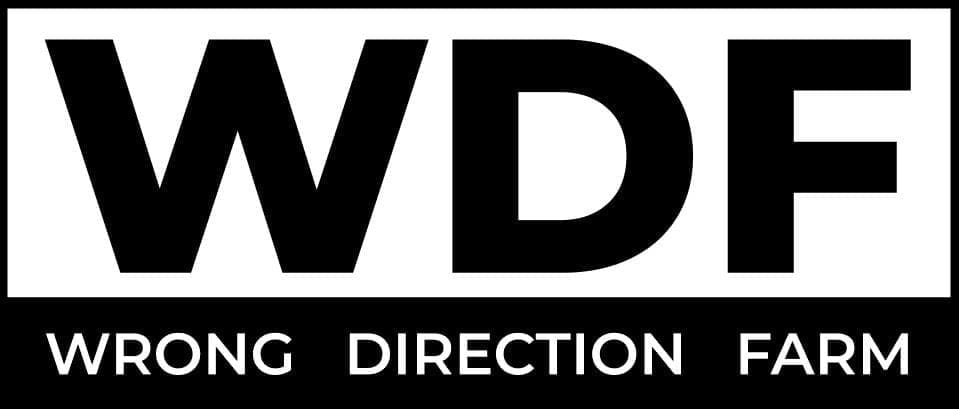“Shall worms, inheritors of this excess,
Eat up thy charge?” Shakespeare, Sonnet 146(The fun thing about cherry picking quotes from the literary luminaries is that one can usually find appropriate quotes, so long as context is ignored. As quoted, these worm lines are germane; in context, they take the reader in quite other directions.)
In literature, sleeping with the worms is a mournful topic, but allow me to introduce a bed of worms story that is good news for us. Last year I mentioned how our compost piles were colonized by red worms. These worms are related to earthworms, but instead of being at home in the soil, they prefer to burrow through rotting plant matter (leaf litter and fallen tree bark are their natural habitats, although they are popular among vermicomposters for home composting bins).
I didn’t remove last winter’s bedding pack from the grower pigs’ hoophouse until August. During the summer some worms colonized the bedding pack. I hadn’t seen worms active in the bedding before that. They have been living in our composting area a few hundred feet away for two or three years. However worms migrate between compost piles (probably transported in egg form along with tiny bits of dirt on our shoes or on the tractor tires, although I prefer to envision a few hard-bitten, intrepid worms embarking on an expedition of the Lewis and Clark, Ernest Shackleton, or John Wesley Powell variety) this time they managed to hit the mother lode of compost. The grower hoophouse usually starts with 30-40 yards of wood chips, then we add a half ton of hay or straw each week from November until May along with another 20 or more yards of chips. That’s a lot of worm food.
Back to last summer… When I saw all the worm activity in the bedding, I decided not to completely remove the old material before adding fresh wood chips. I left a skim of old bedding behind and then piled wood chips on top. I hoped that this would jump-start the composting of this year’s bedding pack in the spring, but I didn’t count on the worms staying active all winter and thoroughly infiltrating the entire pack. Surprise! They are everywhere. It is enjoyable to watch the pigs digging for worms. During the summer of course they are always rooting through the dirt for worms and grubs, but this year they have been enjoying a little special something extra in their diets year-round.
I have not found any evidence of red worms in the hoophouse used by the laying hens as their winter shelter, just fifty feet downhill. Some of this may be due to the shallower bedding not providing enough frost-free material for the worms. That hoophouse for some reason never had worms even though we piled lots of bedding for the sows in there last year. My plan for next year is to inoculate it with worm eggs (i.e., starting with scoops of compost known to have worms) before I add bedding. I’d be pleased to see that hoophouse supporting a prolific worm colony in winter, and the hens would undoubtedly be pleased with that outcome too.
Besides the obvious benefits from the the worms feeding the pigs and chickens, I suspect that we’ll end up with richer compost if worms can be incorporated from the beginning. The more biological activity in the compost and the more the pigs or chickens aerate the bedding pack searching for them, the more likely it is that we’ll incorporate and bind nitrogen to carbon early in the composting process, minimizing the volatilization of ammonia and ultimately increasing the fertilizer value of the finished product. Better livestock feed and better compost quality, all 100% animal powered without requiring any extra diesel fuel or purchased inputs. Sounds like a winner to me. So yes, Shakespeare, I’ll gladly let “worms, inheritors of this excess, eat up” as much as they please.
